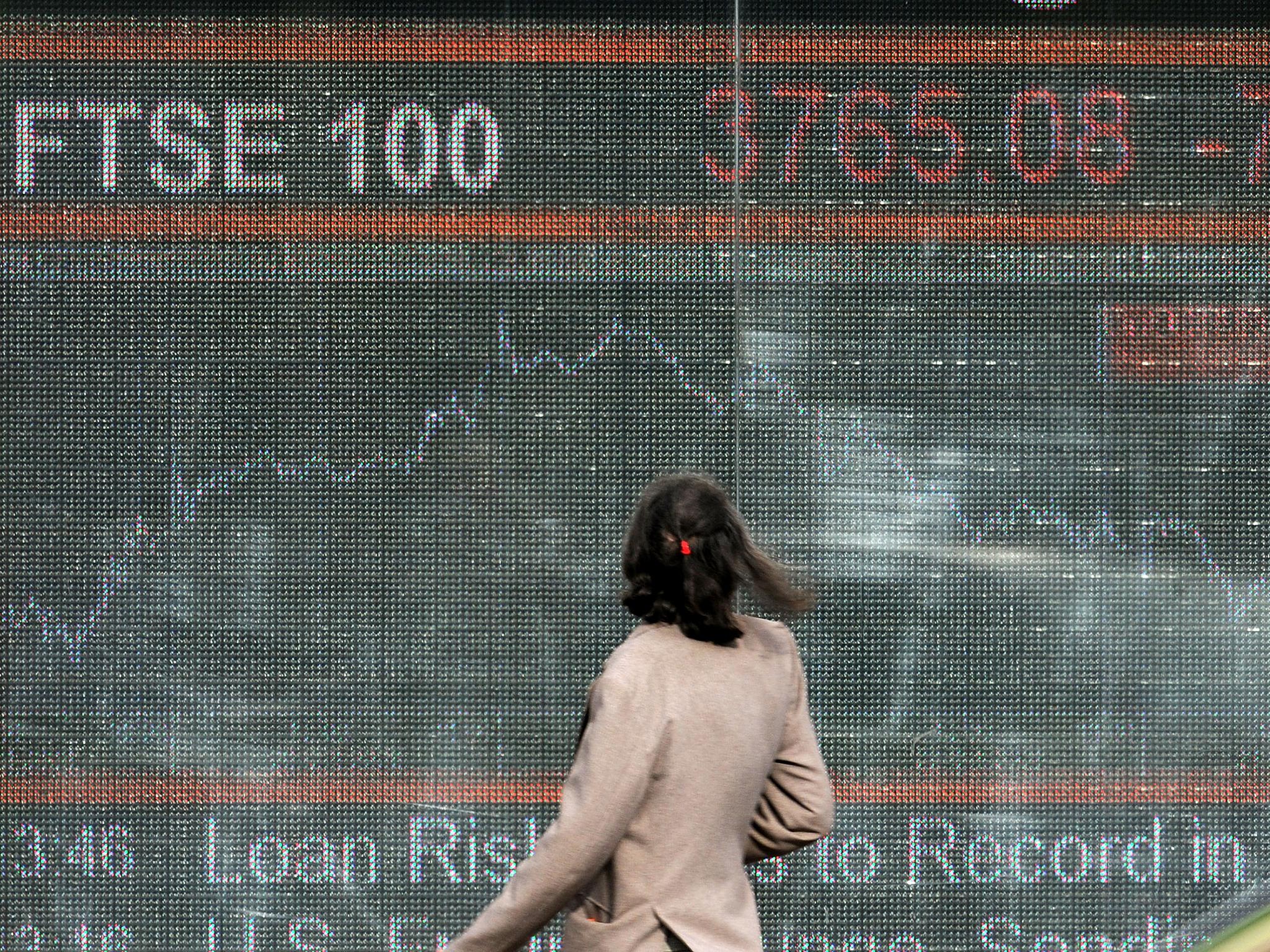The Independent's journalism is supported by our readers. When you purchase through links on our site, we may earn commission.
I was one of the only economists who predicted the financial crash of 2008 – in 2017 we need to make urgent changes
Economics is driven by ideology – it is ideology, not science, which drives them to assert that bank bailouts are tolerable but policies that protect the poor aren't. Unsurprisingly, these flawed theories and models are a great comfort to financial elites – which is why so many economists are hired and funded by big banks, corporations and the wealthy


As someone who correctly predicted the financial crisis (first in 2003 and later in a 2006 book) I support Andy Haldane’s assertion that the economics profession is “to some degree in crisis”. He is not the first to argue this. The retiring head of the UK Treasury admitted in 2016 that economists failed to spot the build-up of risk before 2007 and were guilty of what he called “a monumental collective intellectual error”. It is a collective intellectual failure that I believe has played a key role in the rise of political populism.
The Bank of England’s chief economist was also right to compare the challenges facing economists to the famous “Michael Fish” moment, where everyone was assured that a hurricane wouldn’t hit before it did, bringing with it much devastation, in 1987. Meteorologists have since transformed their field and improved forecasts. But that is not true of the economics profession. The dominant economic model of financial liberalisation, monetary policy dominance and fiscal austerity remains intact.
In their defence, economists can’t be faulted for getting forecasts wrong. Political events such as Brexit are not easy to predict. But unlike economists, meteorologists have a deep understanding of the major forces shaping outcomes in their fields, even when they get precise forecasts wrong.
Mainstream economists, by contrast, lack that deep understanding of the economic forces driving outcomes. The reason is not hard to understand. The field of meteorology is not underpinned by policy or by an agenda. Economics, by contrast, is dogged by ideology.
It is ideology, not science, that leads economists to wrongly assert that the market in money is like the market in widgets, and must not be regulated or tampered with by governments. That financial flows across borders must be “free”, regardless of whether they cause instability. That bankers are simply intermediaries between savers and borrowers – and do not create credit out of thin air. That monetary and fiscal policies that serve the finance sector with bailouts are tolerable, while those that serve the poor must be resisted. That the reasoning that informs the micro-economy can be extrapolated to reach conclusions about the macro-economy. In other words, the fallacy that the budgets of households (the micro-economy) can be aggregated and compared to the budgets of governments (the macro-economy).
Unsurprisingly, these flawed theories and models are a great comfort to financial elites – which is why so many economists are hired and funded by big banks, corporations and the wealthy. And it explains why their words and ideas are repeated by the media outlets that faithfully serve the status quo or “the establishment”.
Very little has been done to transform the dominant economic model of financial and trade liberalisation or to limit economists’ almost religious belief in the efficiency of markets and hostility to public intervention. Markets must be left, it is argued, to manage almost every aspect of modern life – and bailouts confined to bankers.
Now markets have been a feature of our societies and economies for at least 5,000 years, and can be a very good thing. But markets – in money, labour and goods – have always been subordinated to the interests of society, and governed by society. Only recently have markets, especially financial markets, been elevated to a god-like role, governing whole societies and determining the life chances and futures of millions of people.
After the crisis, we were assured that markets could be relied upon to automatically restore “equilibrium” and that government intervention had to be resisted. Economists in academia, in government Treasuries, at the OECD and the IMF cheered on policies for “austerity” in the wake of the crisis. The result was prolonged economic failure.
Nine years later, economists are changing their tunes, but it may be too late. Falling incomes, expensive housing and rising debts have led to disillusionment with the establishment and helps explain the rise of political populism: a phenomenon for which the economics profession bears considerable responsibility.
Join our commenting forum
Join thought-provoking conversations, follow other Independent readers and see their replies
Comments
Bookmark popover
Removed from bookmarks